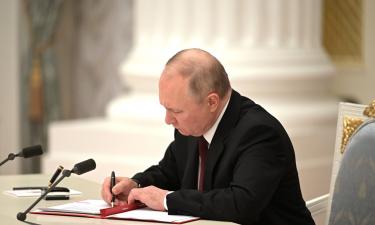U.S. insists on keeping control of Internet governance
The United States refuses to relinquish its role as the Internet's principal traffic policeman, rejecting calls in a United Nations meeting for a U.N. body to take over.
But while the United States stuck to its position, other negotiators said there was a growing sense that a compromise had to be reached and that no single country ought to be the ultimate authority over such a vital part of the global economy.
"We will not agree to the U.N. taking over the management of the Internet," said Ambassador David Gross, the U.S. coordinator for international communications and information policy at the State Department. "Some countries want that. We think that's unacceptable."
Internet governance historically has been the role of the United States, because it created the original system and funded much of its early development.
While this arrangement satisfies some, developing countries have been frustrated that Western countries that got onto the Internet first gobbled up most available addresses required for computers to connect, and left developing nations to share a limited supply.
One proposal that countries have been discussing would wrest control of domain names from the U.S.-based Internet Corporation for Assigned Names and Numbers, or ICANN, and place it with an intergovernmental group, possibly under the United Nations.
"We've been very, very clear throughout the process that there are certain things we can agree to and certain things we can't agree to," Gross said. "It's not a negotiating issue, this is a matter of national policy."
ICANN now controls the Internet's master directories, which tell Web browsers and e-mail programs how to direct traffic. Internet users around the world interact with them everyday, likely without knowing it. Policy decisions could at a stroke make all Web sites ending in a specific suffix essentially unreachable.
In 1998, the U.S. Commerce Department selected ICANN, a private organization with international board members, to decide what goes on those lists. Commerce kept veto power, but indicated it would let go once ICANN met a number of conditions. But earlier this year, the United States indicated Commerce would keep that control, regardless of whether and when those conditions were met.
A U.N. panel has outlined four possible options for the future of Internet governance, ranging from keeping the current system intact to revamping it under new international agencies formed under the auspices of the U.N.
International forums for discussing Internet and information-related issues would be a possible compromise, so long as they were outside the realm of the U.N. and did not seek to serve as regulatory bodies, the AP reports.
Subscribe to Pravda.Ru Telegram channel, Facebook, RSS!




